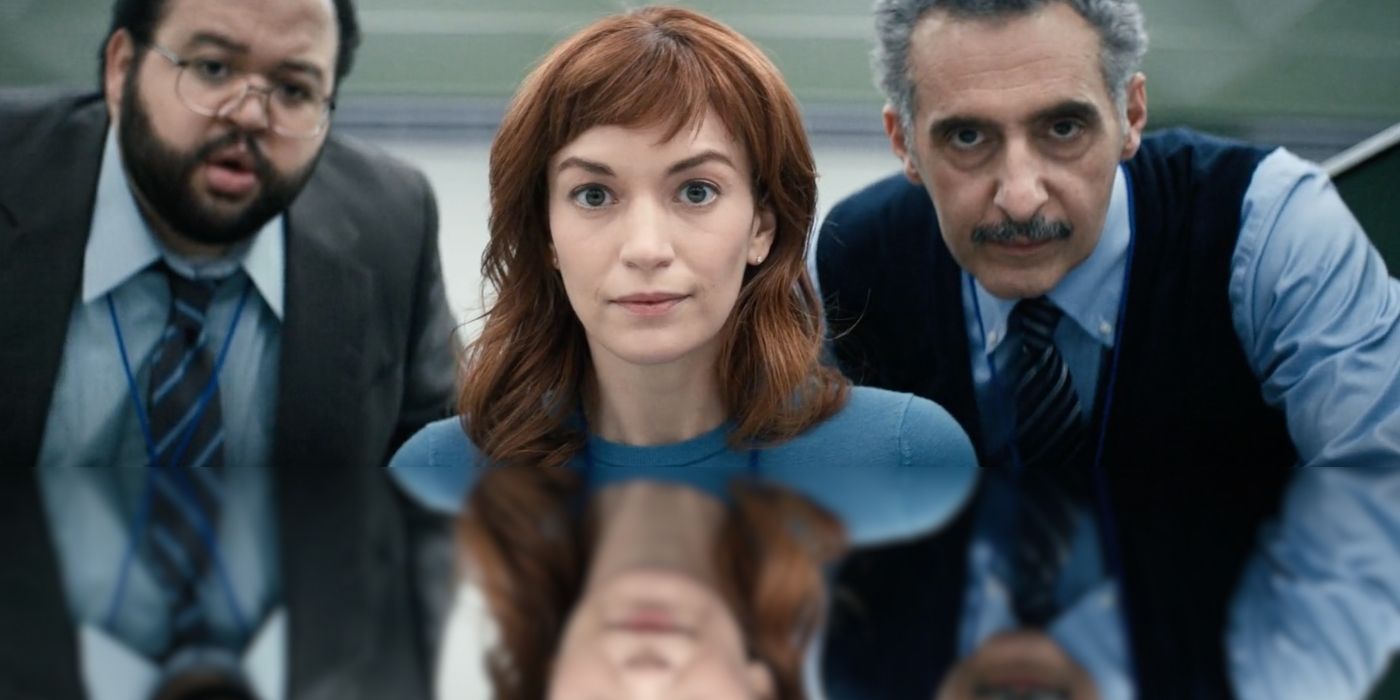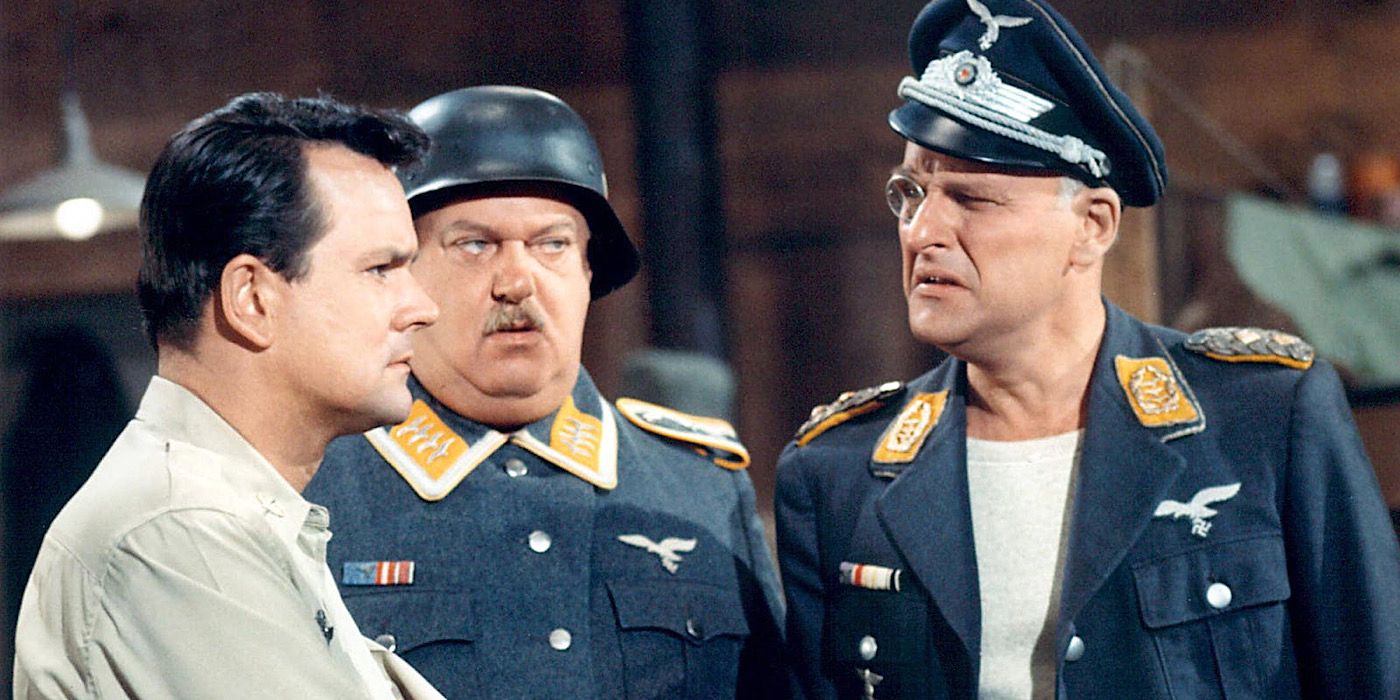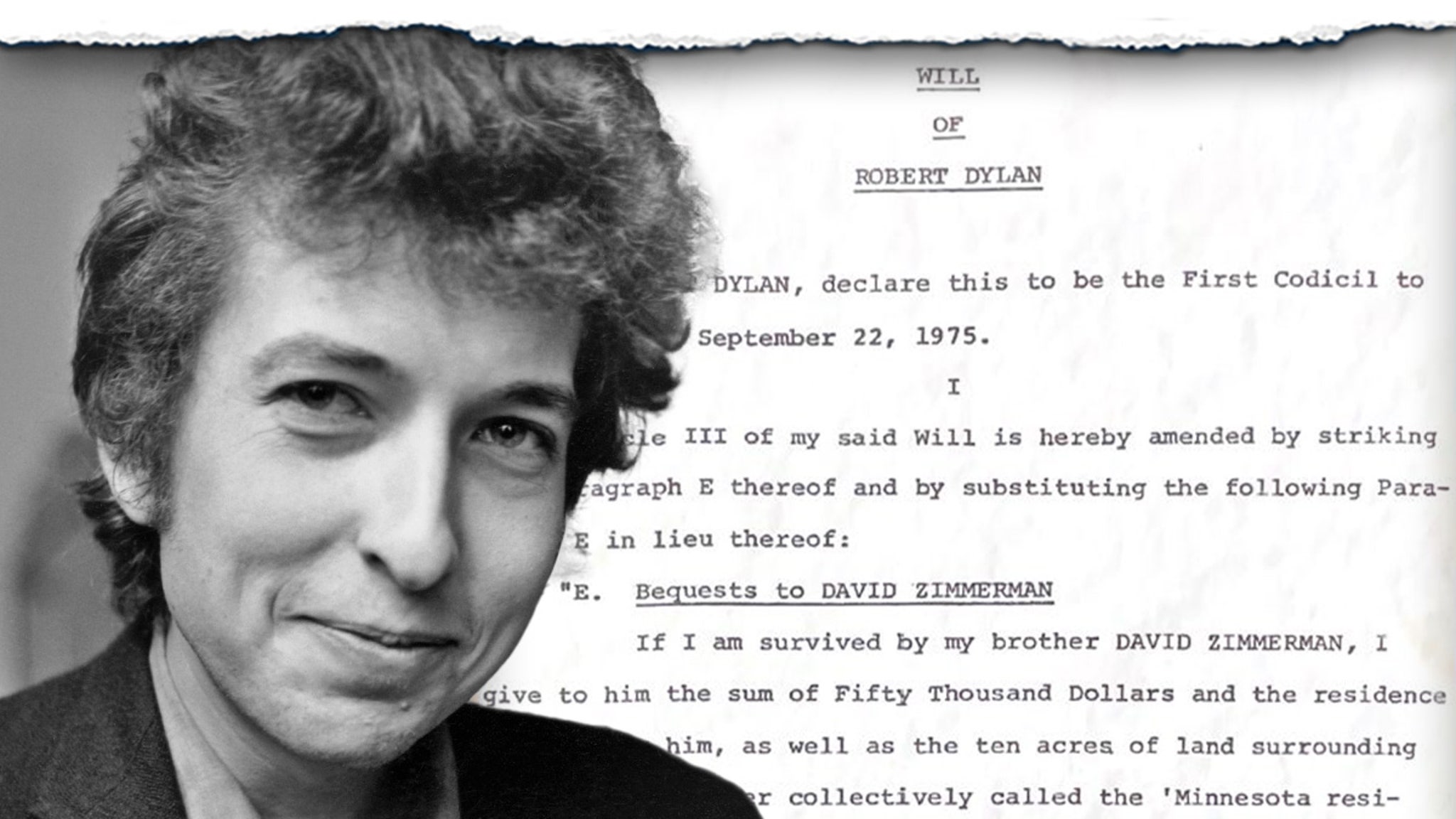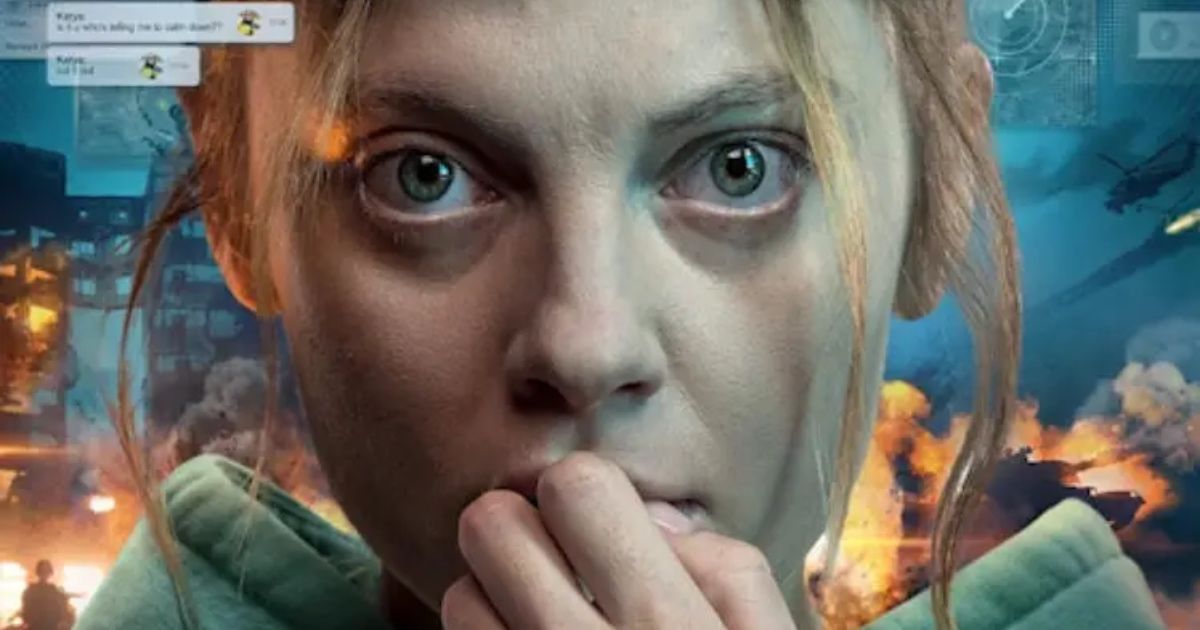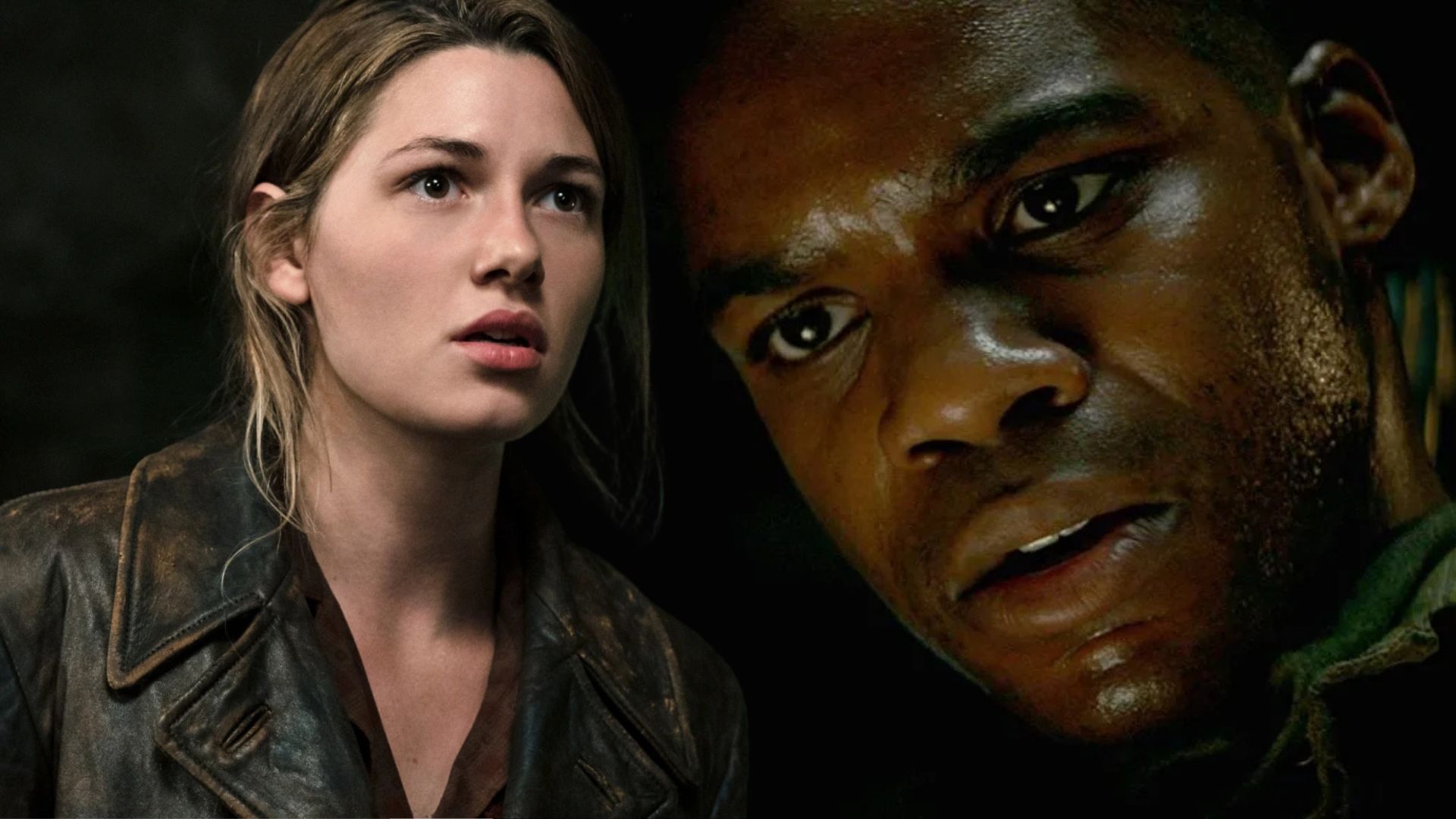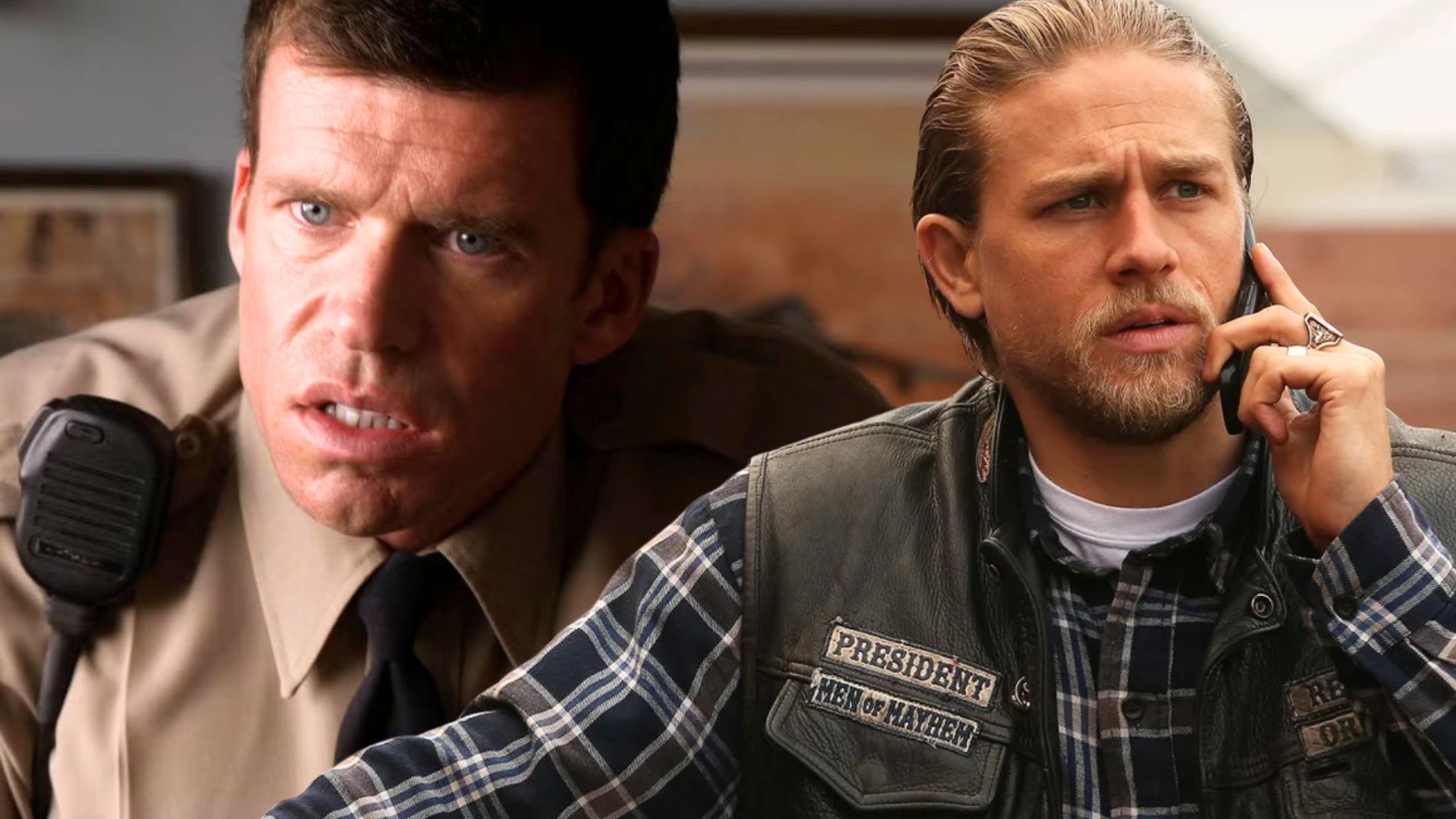Summary
- “The Ukrainian war film Stay Online, directed by Yeva Strielnikova, delves into the themes of the conflict and its repercussions, highlighting the experiences of those affected by the violence.”
- “The film presents a unique storytelling approach, with the majority of the story unfolding through the protagonist Katya’s computer screen, creating an authentic and harrowing portrayal of the interconnectedness of the digital age.”
- “While Stay Online initially explores revenge and slippery motives in the face of war, it ultimately reveals a story of resilience and companionship, showcasing the bravery and humanity of its characters in the midst of tragedy.”
The current conflict between Russia and Ukraine began in 2014, when Crimea was annexed by Russia from Ukraine, but things didn’t escalate until 2022. News outlets all over the world were reporting on the invasion of Ukraine in 2022 and the violence that ensued because of it, making it an event that many eyes and ears were looking out for. A year and a half later, not much has changed — the war between the two countries has continued onwards, and a refugee crisis and death toll continues to rise throughout the region.
Historically, film has been a medium that connects people and their situations, and Ukrainian cinema has been underrated. Now, in 2023, Stay Online is the first movie made in Ukraine since the beginning of the war with Russia, and it dwells on the relevant themes that come up in such tragedies. Largely in Ukrainian and Russian, with some pockets of English here and there, everything on the text-based screen is translated for ease of access for those not familiar with either Ukrainian or Russian. Directed by Yeva Strielnikova, Stay Online (originally titled The Day I Met Spider-Man) was co-written by Strielnikova and Anton Skrypets.
The thriller film has a lot of twists and turns in its runtime, which clocks in at a little under two hours, and was said to be inspired by the volunteers fighting for the Ukrainian side in the midst of conflict. It had its premiere at the Fantasia Film Festival, and can be quite experimental in nature due to how the story is chosen to unfold. Starring Liza Zaitseva in the lead role, this movie may be one of the films that shouldn’t be missed in 2023.
Volunteering for the Ukrainian Cause
AMO Pictures
Stay Online begins with the familiar for those following world events in the past year: a montage of footage from presidents and leaders from all over the world are mashed together to discuss what’s happening in Ukraine. From the beginning, the film is unafraid to show the conflict and its repercussions, juxtaposing celebrations with graphic images of those who have been killed or affected by violence. But Stay Online doesn’t take its cameras to the frontline immediately. Its protagonist is viewing the world and its people through the lens of a computer screen. Whether it’s videos sent through a text messenger or direct video calls, everything will appear with time.
The story begins with a young woman named Katya and her computer screen being shared. After a brief call with a photographer friend, her activities are exposed: she has the picture of a man’s passport, and using Russian-language social media platforms to contact the man’s mother. But when she’s in the middle of doing that, the catalyst for the rest of the film appears when a little boy messages her laptop through Telegram thinking that this is his father. In actuality, the laptop she’s using went through several people before it got to her.
Related: Best Screenlife Movies That Define Our Modern Age
Against better judgment, Katya picks up a video call from the boy, and learns from one of the women watching him that they’re at a refugee center. In a war zone, danger lurks at every corner, and the air raid sirens periodically go off, a reminder that no one is safe, even in the capital city of Kiev. Katya’s motives are revenge: from the dead man’s passports, she collects photos of his dead body in the fields of Ukraine, then harasses the man’s mother and wife after berating them for being on the other side of the war and propaganda machine.
Despite her overarching motives, Katya finds herself thinking about the little boy, and discovers that his father was supposed to buy him a Spider-Man costume before the war started. That’s only the first step in trying to get the kid his parents back, who disappeared the day before. She promises the boy, Sava, that she can find his parents, but when it looks like she might not be able to achieve that promise, Stay Online delves deeper into the drama, showing how everyone, not just Sava and Katya, are affected by war and violence.
Slippery Motives in the Face of War
AMO Pictures
One of the most intriguing parts of the film is the protagonist herself: Katya. With the help of her friend Ryan, she collects photos of dead Russians in order to fulfill her own agenda, and at one point in the movie, she calls him off for not sending enough pictures. In response, he sends images of Ukrainians being evacuated and helped by volunteers like him. It’s that moment when he tells her she could also be helping the movement by spreading those kinds of images, rather than the ones that depict the dead.
She refuses, but then the film transforms her into something larger than what she is originally — someone seeking revenge. Although Katya is not on the front lines, her brother and uncle are, and she helps them out digitally whenever possible. Like the Russian soldiers she curses out and tells their families about, her motives also are slippery, motivated by something that’s fueled by not only emotion, but a specific brand of grief as well. She doesn’t feel as much when she sees the pictures of Ukrainians, but when presented with a dead Russian, it motivates Katya.
Related: The Best Ukrainian Movies of the 2010s, Ranked
However, everything has to catch up eventually. Things aren’t completely black and white in conflict, which leads the characters to murky waters. Although the medium of presenting the story through Katya’s laptop lends itself well to the overall messages of the film, it can prove to be quite the barrier when it comes to a traditional film setup. Some may find themselves disconnected because of this technical decision, although the characters prove themselves to be quite haunting long after the events of the film are over and the end credits have rolled.
Regardless, despite Katya’s original decisions and motives, which could be interpreted as destructive in some ways and pushing people farther into their opinions about Ukrainians — particularly the Russian mother who was very opinionated — she represents something larger than her as a character. It’s a brilliant decision, as she, like her brother and Ryan, are volunteers. They didn’t have to do what they did. In the end, that’s a particular brand of bravery that’s subtle in cinema.
Capturing Humanity in a Film
Fans of the movie Missing might find themselves delighted in how Stay Online presents itself. The vast majority of Stay Online is shown through a computer screen like Missing and Searching, and Katya, who is isolated in a small apartment in Kiev, only interacts with the other characters through video chats, text messages, and voicemails. Notifications on the sidebar give bleak updates about air raids, refugees, and the death tolls throughout the country, and some are timed to somewhat match the events happening on-screen.
This adds an interesting element, as several characters are physically distanced from the violence, such as Katya, Sava, and her mother. When certain events happen in their sphere, it shows that the extent of their current situations tends to consist of the fear that comes with an air raid, rather than dealing with the Russian invaders face-to-face. However, Stay Online shows the consequences of these spheres overlapping in digital spaces. Without the father’s laptop getting into Katya’s hands, several key events in the movie may not have ever happened.
In a world that’s becoming more interconnected by the Internet, texting, and online forums, Stay Online provides an authentic, harrowing space where it’s unafraid to show the extent of what’s happening. The Russian characters in the film demonstrate the isolation of not being connected, condemning their Ukrainian counterparts as Nazis who deserve brutal, violent deaths for their supposed ideologies. It’s this anger and hate that fuels people like Katya in the beginning, but the story of resilience and companionship that emerges is what makes movies like this shine.
While Stay Online is a contemporary take on the war film, it’s highly successful in its approach, managing to create something that’s not only captivating, but indicative of the human spirit as a whole. Sometimes we put down everything and risk our lives for strangers or a small child in need, and don’t think twice about doing it. And by the end of this film, we can slowly come to realize yet again that not all heroes are the ones that might be directly obvious. Regardless, Stay Online packs a lot of punch in its runtime, and is a worthy addition to the genre.
Stay Online had its premiere at the 2023 Fantasia Film Festival; a North American release date has not been confirmed yet.
You can view the original article HERE.

